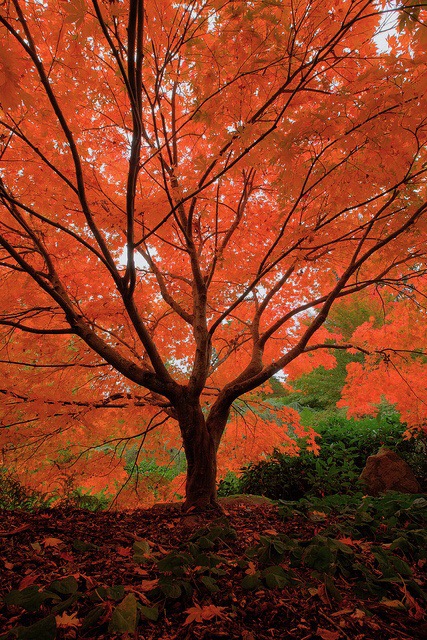A Yankee Notebook
NUMBER 2120
March 7, 2022
The Lesson of the Sugar Maple
EAST MONTPELIER, VT – The icy grip of dying winter has at last begun to relax. As I write, a combination of rain and melted snow runs steadily off the eaves and past the window beside me. A drive through the muddy back roads of my neighborhood would pass dark, water-stained sugarhouses with vapor streaming from their rooftop vents. Another cycle has begun. The maple trees, who’ve lived and died here for perhaps millennia before our arrival, share their treasure with us as mutely and uncomplaining as the draft horses that still, here and there, pull the gathering tank through the snowy sugarbush.
It’s a lesson in the natural order of things. The maples draw from the earth and the sun the nutrients they need to survive and thrive. They share with us what they can spare. They shelter their young from rough elements and, by shading them, help and inspire them to grow straight and tall. Dying, they give their bodies back to the earth that nurtured and sustained them. They never ask or take more than they need, and always give back what they can.
Half a world away from the quiet, good-humored conversations in the steaming sugarhouses, thousands of men and women, reenacting a drama probably as old as our race, are spending their resources more rashly than they can sustain, taking more than they need or deserve, wantonly reducing to rubble the work and art of centuries, and slaughtering fellow members of their species.
This is a lesson in the unnatural order of things. A million and a half Ukrainians have fled their homes thus far, throwing themselves upon the mercy of their noncombatant neighbors. The scenes of Ukrainian husbands, forbidden from fleeing the fighting, kissing their families good-bye, are heart-breaking. The little girl in a crowded train station with her beloved gray cat on a leash dramatizes the grotesque cost of greed and insecurity.
The trek to Base Camp on Mount Everest is enchanting. From green jungles, up across bare hillsides above roaring rivers deep in canyons, and finally, rounding a nearby rampart to the first close-up view of the Himalayan giants, the journey leads directly into the soul. Even the names – Ama Dablam, Lhotse, Nuptse, and Khumbu – stir in the trekker a wonderment that’s infused many of us since earliest childhood. In those of us moved by mountains, they evoke the profoundest reverence. They’re the ultimate Gothic cathedrals of nature.
This why the current craze to ascend the greatest of them – at considerable expense, in what is essentially lockstep, on a fixed line – is a profanation and, to many of us to whom the mountains are an ethereal as well as corporeal presence, an abomination. Acres of trash, human waste, theft, corpses, and even prostitution now desecrate the cathedrals. And just like the brutish, crawling armored advance on Kyiv and Kharkiv, it’s the work of beings allegedly far superior to maple trees.
West Virginia was arguably one of the most beautiful parts of the country, until greed (aided by dynamite and otherworldly machinery) tore the tops off mountains and piled them in the valleys, leaving the streams running bright orange. The Adirondacks of my boyhood were a paradise, reclaimed half a century earlier from rapacious logging and designated “forever wild.” Now they’re so congested with lovers of the outdoors that shuttle buses and permits are needed to control the hordes of Vibram-soled hikers. The last time I took any of my family to Florida was my last time in Florida. The world is shrinking in more ways than one.
Since the discovery of the double helix and, now, gene-splicing, science has made inroads on the diseases that have for centuries bedeviled us. But no one has yet explained why the military rulers of Myanmar oppress and murder their own people. We can communicate with each other in seconds at almost any distance and enjoy amenities our grandparents couldn’t dream of. But we can only guess – much less do anything about it – why President Xi is determined to extend China’s hegemony over millions of other Asians who will hate him as long as they live.
It’s a race between self-destruction and self-improvement. If you were making book on the outcome, would you pick the human race or the sugar maple tree? Only one is likely to survive.


